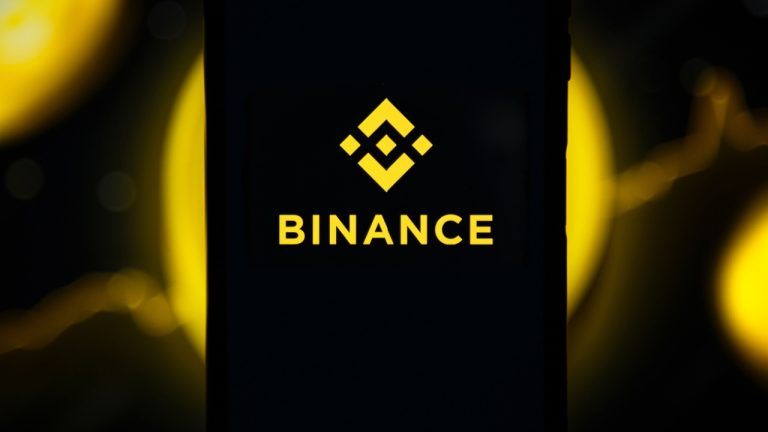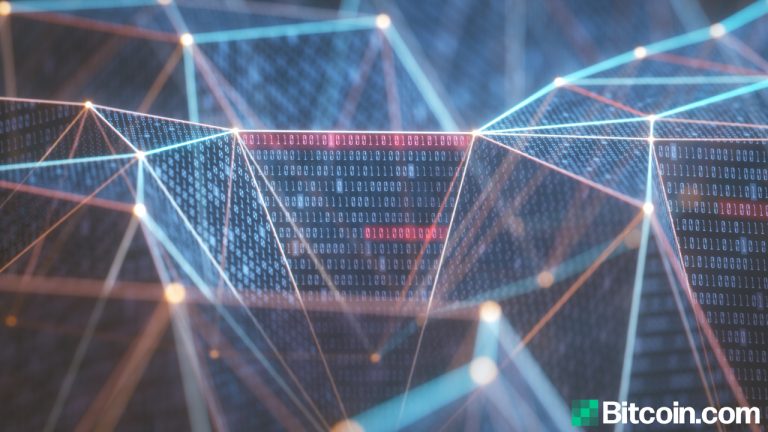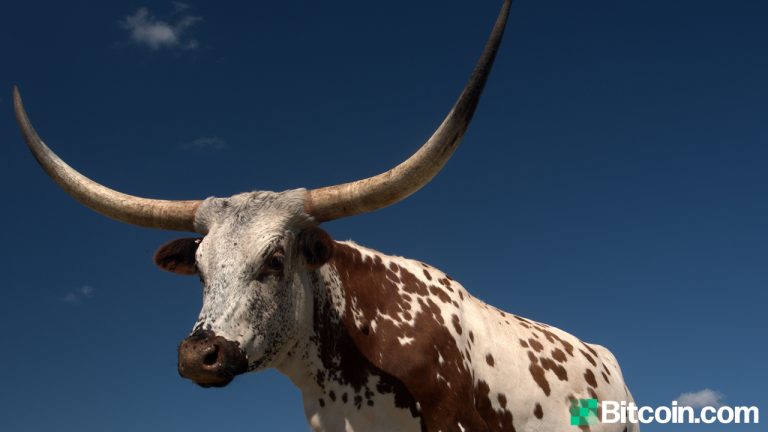
Executive chair and founder Darin Feinstein said the firm plans to make the U.S. a global leader in making blockchain technology mainstream.
One of the largest crypto mining firms in North America said that it has acquired an additional 8,000 rigs and has begun mining other cryptocurrencies.
In an announcement from Blockcap on Monday, the mining firm said it planned to have more than 50,000 mining rigs online by the end of 2022. Blockcap now controls more than 12,000 mining rigs, generating more than 6.6 Bitcoin (BTC) daily — roughly $380,000 at the time of publication. The firm added that it was accelerating its move to mine other cryptocurrencies including Ether (ETH).
According to the firm, the addition of the ETH mining rigs in operation would account for 1.229 terahashes per second, or roughly 0.21% of that of the Ethereum network. The more than 50,000 Bitcoin miners, when fully operational, are projected to control roughly 2% of BTC’s current combined hash rate.
“Blockcap’s growth strategy is focused on bringing various peer-to-peer digital assets directly to the people who will utilize them to improve their lives,” said Blockcap executive chair and founder Darin Feinstein. “We strive to contribute to the critical infrastructure necessary for mass adoption of these digital asset technologies so people can participate more fully in the global financial system.”
Both Blockcap and Riot Blockchain — two of the largest crypto mining operations in the United States — have announced plans to set up shop in Texas for their corporate offices and their mining facilities, respectively. Blockcap raised more than $75 million in two funding rounds led by Off The Chain Capital and Foundry Digital.





